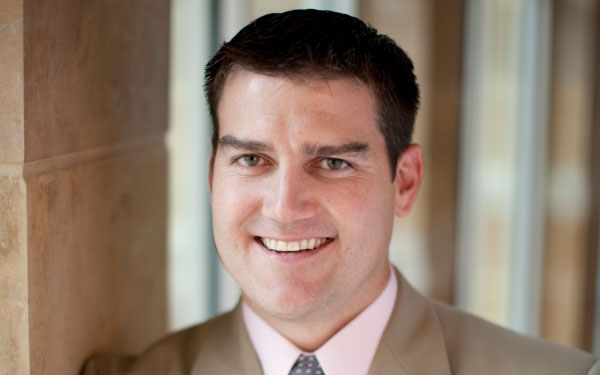Clinically severe, or morbid obesity has become an epidemic in our country and in several nations around the world. Obesity is a measured by body mass index; a formula of your height to weight. It is a genetically based, behaviorally and environmentally influenced, chronic and progressive disease of fat storage that is linked to numerous medical complications. (ASMBS.org, 2014).
Bariatric surgery programs have been developed to help people regain their health and quality of life through surgery. Less than 2% of the total number of adults who qualify for surgery actually get the surgery. Why? Some barriers include fear of postoperative problems, lack of knowledge about options, personal costs and insurance coverage. The surgeries are not without risk, but major improvements in care through the development of standards and accreditation have helped decrease the risk of problems to very low levels. As a program coordinator nurse I have heard patients and support person’s questions and concerns about common misconceptions regarding bariatric surgery. Common concerns include postoperative weight regain, potential for alcoholism, risk for suicide, and nutritional deficiencies that impact health. Some patients have told me that their family members or friends have accused them of taking “the easy way out” instead of the tough work of diet and exercise.
Surgery for obesity is not without risk, but in an accredited program with experienced staff, risk can be lower than gallbladder or hip replacement surgery. Get the facts about the common misconceptions about bariatric surgery.
About the Author
 Article written by Joanne Prentice, RN, BSN, CBN, CAPA
Article written by Joanne Prentice, RN, BSN, CBN, CAPA
Member of the American Society for Metabolic and Bariatric Surgery (ASMBS) Public Education Committee






[…] Read more at Walk From Obesity. […]